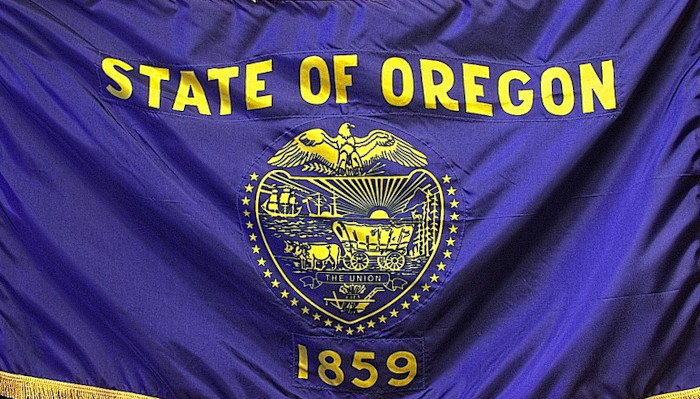While the cops always inflate the numbers, Oregon State Police (OSP) say they seized roughly 250 tons of illegally produced marijuana in Klamath County in the southern part of the state last week.
The haul could be worth as much as half a billion dollars, OSP said.
The bust is among a series of raids carried out by law enforcement agencies this year in three adjacent counties which stretch across the southwest part of the state.
While previous raids in Klamath, Jackson and Josephine counties targeted businesses operating under the guise of hemp producers, OSP has not indicated that those arrested in the most recent haul were claiming connections to hemp.
Police said it took them two days to seize the massive amount of processed marijuana from five industrial-sized warehouses on the site in White City, a town of about 8,000. More than 100 people were detained, interviewed and released, officials said, some of them migrant workers living in “subpar” conditions, according to the police.
Cops on the hunt
Previous raids in the three counties this year include:
• Seizure of more than 22,000 of illegal marijuana plants in Klamath County in early September from two operations purported to be hemp producers, but who did not have hemp licenses.
• “Operation Table Rock,” a joint action carried out by the Oregon Liquor and Cannabis Commission and the Oregon Department of Agriculture in late September which found that more than 110 licensed hemp operations in Jackson and Josephine counties were found to be illegally growing marijuana.
• An October raid of a Klamath Falls processing operation located in a 27,000-square-foot potato shed that netted cannabis estimated to be worth roughly $100 million.
Other violations
Police said in addition to producing marijuana illegally, the illicit growers are also in violation of rules regarding water diversions from nearby rivers and creeks, and are operating farms without running water where workers live in tents inside greenhouses. The illegal growers are reported to be paying exorbitant prices for property, labor, and water rights, giving them advantages over legal growers.
Both hemp and recreational cannabis are legal in Oregon. The state in July passed a set of legislative amendments to reduce the burden on resources needed to police illegal cannabis operations. Those changes also allow law enforcement greater flexibility in destroying illegal grows and processed cannabis.

